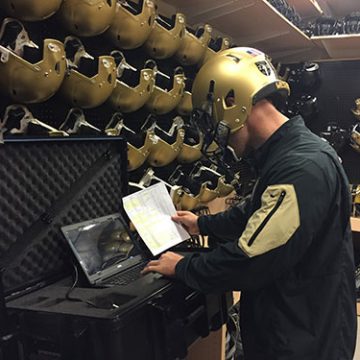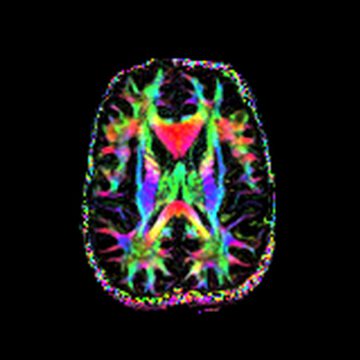Traumatic Brain Injury (TBI)
BRIDGING CRITICAL GAPS
Performance Capabilities
Geneva plays a key role in advancing brain health initiatives on behalf of military investigators. Our research teams have demonstrated impact in areas including:
- Development of screening tools for brain injury
- Evaluating the effects of blast injury
- Identifying blood biomarkers for TBI
- Leveraging large-scale partnerships to address the long-term effects of concussions
- Longitudinal mTBI outcomes studies
- Neurotechnology
- Neurotrauma
- Psychological health
- Suicide prevention
- Trauma management therapy
- Using virtual reality and telehealth to combat PTSD
Geneva Expertise
Scientific Advisory Board
COL (Ret.) Dallas Hack, MD, MPH
COL Hack was director of USAMRMC’s Combat Casualty Care Research Program, and instrumental in establishing the 2013 National Research Action Plan on TBI and PTSD, the Chronic Effects of Neurotrauma Consortium, and the NCAA-DoD Grand Alliance.
Research Indications
Geneva has diverse experience in managing brain health programs in areas including:
Blast Injury
Concussions
Critical Care
Health Informatics
Neurology
Migraines
Mild Traumatic Brain Injury
Neurosensory Trauma
Nursing Research
Post-Traumatic Stress Disorder
Suicide Prevention
Tinnitus
Traumatic Brain Injury
Vestibular Trauma
Vision Trauma




